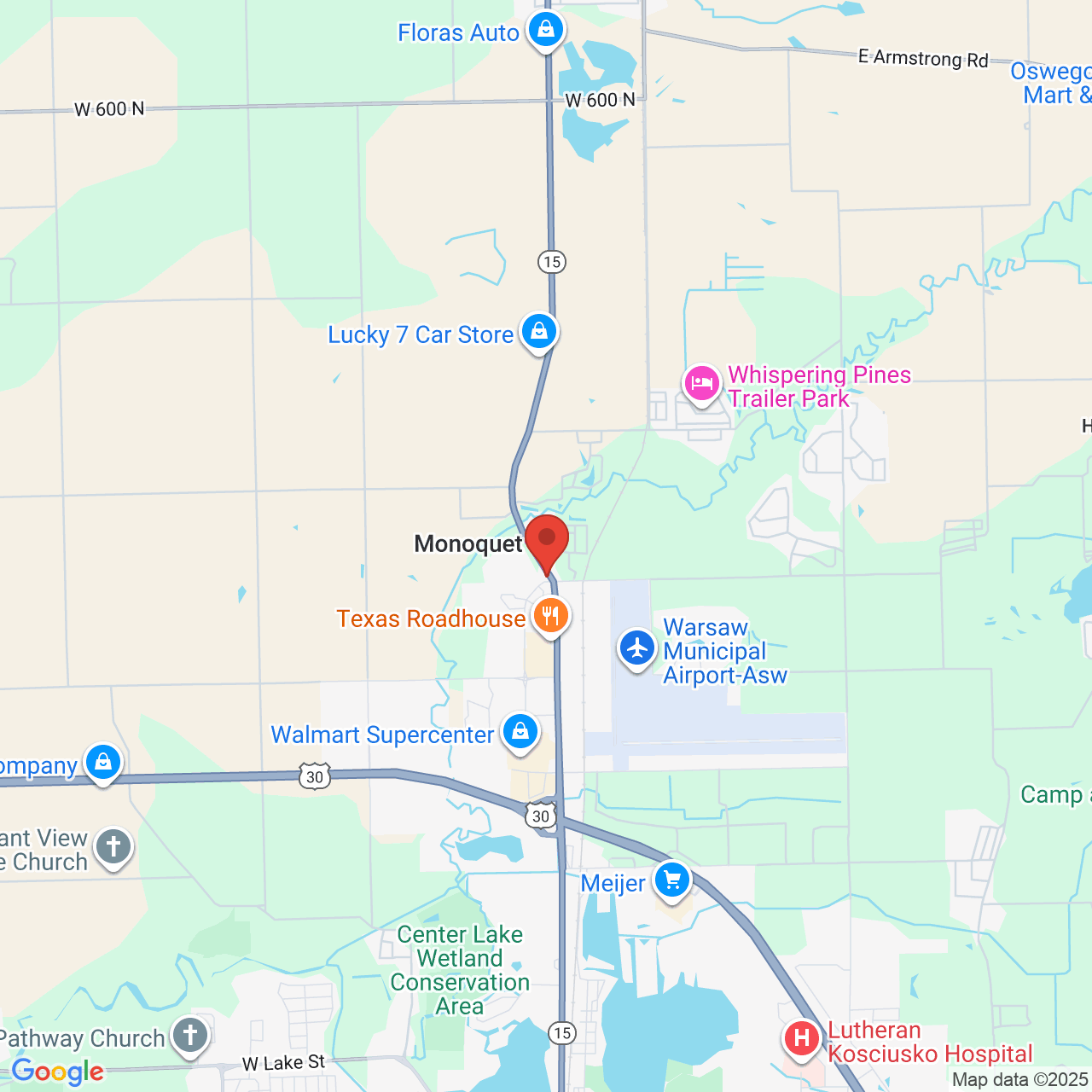
TMJ
The Temporomandibular Joints
What Are the TMJs?
You may spend most of your life unaware of the important triangular-shaped joints located in front of your ears. Lined with cartilage, these joints move with a smooth, gliding motion, whether you are opening and closing your mouth or moving the jaw joints in a side-to-side motion. Under normal conditions, the TMJs join your lower jaw and temporal bone and allow for unencumbered oral function and comfort.
What Is TMJ Disorder?
Stress, an improper bite, and other issues can cause the joints to malfunction, causing pain and other symptoms. The temporomandibular joints are sensitive to overall physical, emotional, and psychological stress. They are affected by the mechanics of your bite, the condition of your jaw muscles, and injury. When problems occur, the condition is referred to as temporomandibular disorder (TMD) or TMJ disorder.
Causes of TMJ Disorder
There are many causes of temporomandibular disorders. Small changes in your habits or bite can lead to inhibited function of the jaw. Some of the causes of TMD include:
- Stress
- Fatigue
- Existing bite misalignment
- Changes in your bite
- Erosion or displacement of the disc
- Chronic clenching and grinding of the teeth (bruxism)
- Damage to the joint's cartilage due to arthritis
- Injury to the joint, such as impact to the face
Symptoms of TMJ Disorder
Temporomandibular disorders can result in a range of mild to severe symptoms, including:
- Jaw clicking and locking
- Pain or difficulty chewing
- Discomfort or tenderness of the jaw
- Ringing of the ears
- Pain that extends outward to the temples, ears, neck, shoulders, and head
- Facial swelling
- Tooth pain
Are You Experiencing Symptoms? Request a Consultation
Jaw pain can affect surrounding features, such as facial muscles and ears. Pain can quickly seep into these other parts of the body, making for an uncomfortable set of symptoms. Alleviate symptoms of a TMJ disorder by discussing a treatment plan during a consultation with one of our dentists, Dr. Bill Stofer or Dr. Brock Spangle. If your TMJ strain is caused in part by clenching and grinding your teeth, we can craft a custom oral appliance to minimize the strain placed on your TMJs.
Call to request a consultation at our Warsaw dentistry practice and start living your life without jaw pain:
(574) 269-1199

Hear From Our Patients "The staff is so professional."
From start to finish, the staff is so professional. Yareli is so helpful and accommodates your needs. Julie is a top notch hygienist! Minimal discomfort for my whimpy mouth! Dr. Stofert very pleasant and reassuring. This is what I needed.
View on GoogleIt's been a year since I came to Dental Solutions, and I have to say this is the best dental care I've ever had. Everyone is so kind, gentle and understanding! Dr. Stofer is good at explaining what needs to be done. I would recommend Dental Solutions to anyone looking for dental care!
View on GoogleRisk Factors for Developing a TMJ Disorder
Age
Children and elderly adults are less likely to experience TMJ disorder symptoms than young to middle-aged adults. Studies suggest that patients between the ages of 30 and 49 may experience more bruxism symptoms, which can lead to a TMJ disorder if left untreated.
Gender
More women seek help for a TMJ disorder than men, with 80% of TMD patients being women. It isn't just that women are the only ones seeking treatment, research also estimates that women are 1.5-2 times more likely to develop TMD.
Genetics
While insufficient research is available on whether TMJ disorders have a correlation with genetics, teeth grinding from bruxism may have a genetic component. If you have a family member with bruxism, research suggests that you may be more prone to developing bruxism and possibly a TMD.
Contact Dental Solutions in Warsaw, IN
If you clench your jaw, experience facial pain, or have any of the other symptoms of TMJ dysfunction, we encourage you to see a dentist before dental damage occurs. Our Warsaw team is committed to helping our patients achieve improved oral function and comfort with effective treatment.
Contact our practice online to ask a question or request a consultation. You can also reach us by phone at:
(574) 269-1199

Specials, Insurance, and Financing
We periodically offer specials on our dental services. We also accept many insurance plans, and our staff will check the terms of your plan to get as much coverage as possible for your TMJ treatment at our Warsaw practice. We also accept financing options from reputable companies.
Experience Excellent Customer Service "They really go above and beyond."
Thank you Dr. Bill and your awesome team. From the moment I walked in for my appointment I was treated with care. Everyone there is kind, extremely knowledgeable and professional. They really go above and beyond providing excellent customer service. My family and I will always goto Dental Solutions for our dental needs.
View on GoogleIt is always nice to see the friendly faces when walk in the door and throughout the whole visit. Dental solutions answers every question or concerns you may have. They become part of your family.
View on GoogleTMD Treatment
TMJ Appliance
TMJ treatment may involve fitting you with a physiologic bite appliance. This is an extremely effective therapy that can hold your jaw in place while you sleep. It also prevents the chronic clenching and grinding that contributes to TMJ disorder. A bite appliance is a great treatment option for patients suffering from jaw problems due to a range of issues, from arthritis to joint displacement. Another benefit is that it is a conservative treatment approach — patients simply need to wear the appliance while they sleep.
To craft a custom appliance, we will take custom impressions and images at our office in Warsaw. Then, skilled dental lab technicians will fabricate an appliance that offers a precise fit and addresses your TMJ disorder symptoms.

Stress Relief
Stress can affect your health in so many different ways. Stress can trigger bruxism, which makes TMJ disorder worse. Still, many patients are surprised to learn that stress may be contributing to TMD. During your appointment, we can suggest ways to alleviate stress, such as meditation, exercise, and more sleep.
Lifestyle Changes & Other Remedies
Lifestyle changes, exercises, and other physical therapy practices can relieve the symptoms of TMD for some of our patients. Some tips include:
- Avoid chewing gum or hard, chewy food
- Take small bites
- Alternate chewing between both sides of the mouth
- Good nutrition can help the joint heal more quickly
- Maintaining good posture can help relieve discomfort
- Maintain a straight back, relaxed neck, and side-sleeping position
- To relieve soreness, light temple and jaw massage can stimulate circulation and relax the muscles
- Alternating moist heat and cold for 20 minutes can further increase circulation and reduce pain
- Over-the-counter anti-inflammatories or analgesics can reduce discomfort and swelling
Orthodontic Care
Bite misalignment is one of the most common contributors to TMD. Depending on the cause, this issue can be addressed with various treatments. Patients with existing bite misalignment may need to undergo orthodontic treatment to bring the teeth and bite into their ideal positions. At our Warsaw practice, we offer Invisalign® to discreetly straighten the teeth and improve the bite. For patients with more severe orthodontic issues that require braces, we can refer you to a skilled orthodontist.
Restorative Dentistry
Patients who have developed changes to their bite due to bruxism, tooth wear, tooth loss, or other dental problems may require treatment to improve the bite. Dental crowns can be placed over the teeth that have suffered extensive damage and wear to balance the bite. Tooth loss can be addressed with traditional bridges, dentures, or implant-supported restorations. During your exam, we will determine which treatments are needed to align your bite, and by extension, your temporomandibular joints so you can experience long-term relief from the condition.
Benefits of Treating Dysfunctional TMJs
Improved Oral Health
Clenching and grinding the teeth can cause the enamel to wear away, leading to pain, poor function, and even tooth loss. Enamel cannot be restored without dental treatment like crowns, so it's important to tackle your bruxism early to minimize the risk of worn teeth.
Reduced Pain
TMJ disorders can cause pain that not only affects the TMJs, but also the features surrounding them, such as the ears, facial muscles, and neck. Treatment can help soothe this chronic pain.
Better Quality of Life
Chronic headaches and muscle pain can keep you from getting out and living your life on your terms. Additionally, TMJ pain may limit the kinds of foods you feel comfortable eating. Take back your life with TMJ treatment.
Patients Appreciate Our Warsaw Dentist "Made me feel like I was at home!"
Dr. Stofer, my hygienist Emily, and the staff are the best! Very friendly and made me feel like I was at home!
View on GoogleCompassionate and knowledgeable dentist and staff!
View on Google





